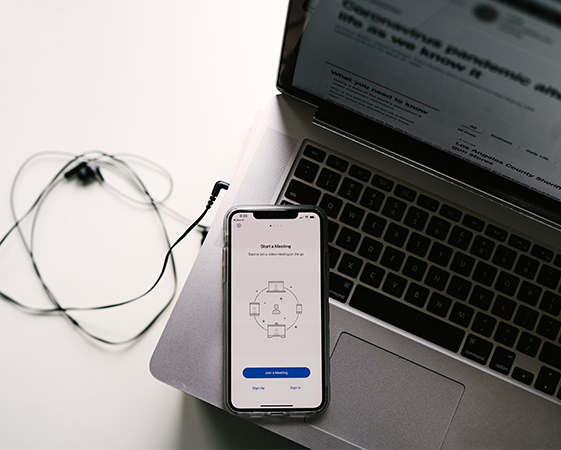By Danielle O'Brien, Junior Associate
The Covid-19 pandemic has affected multiple faculties of everyday life. International and domestic arbitration has not escaped this.
While inherent delays are part and parcel of the impact of Covid-19, arbitral proceedings have not been affected to the same extent as onshore litigation. Notwithstanding, liaising with clients and experts can prove arduous, as many remote working systems have shown to be inefficient.
If used correctly, arbitration has the potential to move forward despite the various restrictions in place to combat the spread of Covid-19. However, many parties are reluctant to proceed normally as they either (i) want to take advantage of the governmental restrictions to delay proceedings, or, more seriously, (ii) have concerns surrounding due process in hearings. Both concerns are discussed further below.
Delays
Counsel have used the effects of governmental regulations surrounding Covid-19 to purposefully delay proceedings, during the memorial and document disclosure stages. They claim, for example, that the restrictions have prevented them from liaising with their clients and recovering key documentation, which are essential to guarantee due process.
While some jurisdictions still do not permit employees to work in an office, many countries are gradually reopening businesses allowing for increased efficiency in arbitration.
However, as unrestricted international travel is still an illusive aspiration, hearing dates are being pushed back for up to a year. With no foreseeable possibility of tribunals, witnesses and/or experts being able to travel for in-person hearings, virtual hearings or phone calls are increasingly used (at least for Case Management Conferences and Preliminary Hearings). That said, many parties are hesitant to agree to virtual hearings, due to the reliability of video link connections, as any technical difficulties are likely to have a material impact on a hearing, and potentially the entire case.
Due Process Concerns
As stated above, while virtual hearings are being increasingly proposed, parties are extremely skeptical about using electronic means, particularly for jurisdictional and merits hearings.
First, lawyers may fear that their ability to present their client’s case will be diminished. This may be a concern particularly for those lawyers whose strength lies in their oral advocacy skills, which are inevitably less effective via teleconference.
Second, many attorneys share concerns surrounding due process rights. For example, counsel and arbitrators have no way of knowing for certain whether individuals (whether witnesses or experts) are being coached in live time (for example, someone could be “hidden” in the same room as the witness or expert, feeding him answers) and more generally, cross-examination will prove laborious and may be disrupted due to connectivity issues.
Finally, with confidentiality being a predominant factor in electing arbitration as a form of dispute resolution, it is unlikely that parties will agree to online systems that can be hacked.
Future Trends
If there is any consolation for arbitration practitioners, the impact of Covid-19 has forced many businesses to default on their agreements and will soon lead to an increase in the number of arbitrations.

